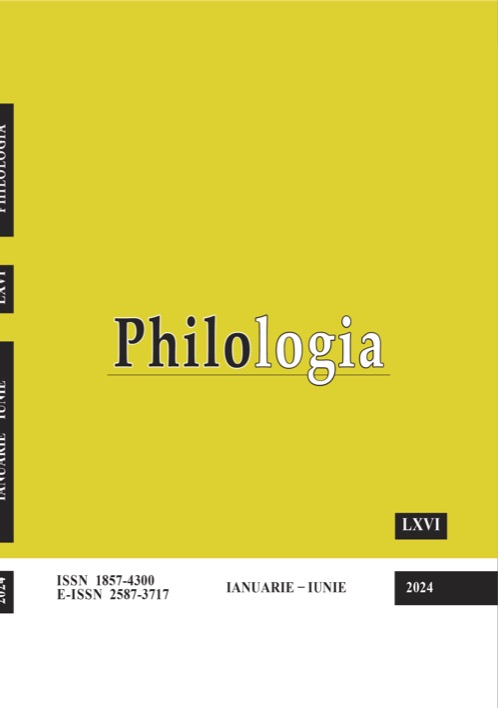Abstract
This article represents an exegetical analysis of Bogdan Crețu’s novel, „Mai puțin decât dragostea”, highlights in particular the main markers of the condition of the individual both in totalitarian and post-totalitarian society. In addition, it brings to light psychological or existential issues that shapes the destinies of the characters and how their actions fit into certain behavioral paradigms, allow us to examine some segments of our recent history, artistically represents in a remarkable manner. We could observe both social dilemmas and traumas inherited from the totalitarian period, as well as the main factors that triggered certain utopian tendencies. Therefore, the right to self-determination is a fundamental fact, and this virtue shapes the identity and moral axis of Bogdan Crețu’s characters. Through this applied analysis of the novel „Mai puțin decât dragostea”, we highlighted not only its literary-artistic value, but also the way it can be perceived.

